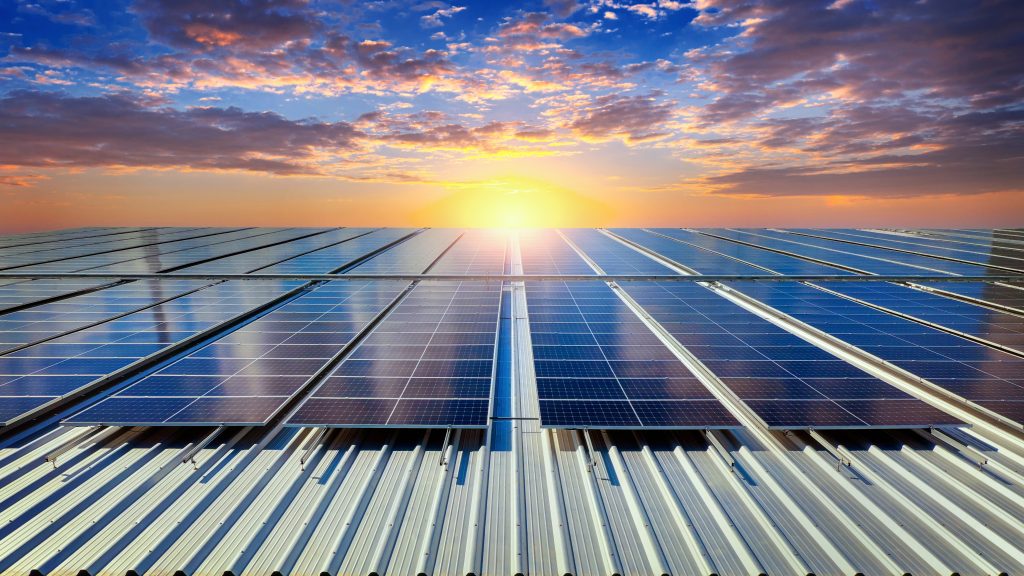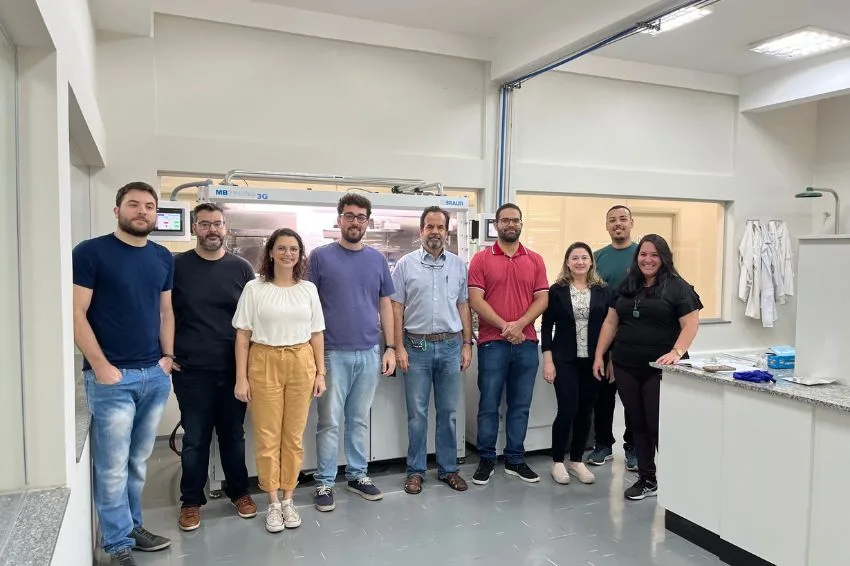One condition essential for companies from any segment stay active and healthy in the market is to be able to perform a good financial planning, knowing how to control expenses while investing resources in improvements.
However, in the case of industries, The high demand for energy for the production of products and equipment ends up raising the electricity bill and becoming one of big obstacles to be overcome by companies.
One study published by Firjan (Federation of Industries of the State of Rio de Janeiro) show, for example, that the electricity cost represents, on average, around 40% of expenses totals of companies in the Brazilian industrial sector.
For this reason, the search for solar energy systems, capable of reducing the value of electricity tariffs by up to 95%, has become increasingly common in the segment.
In interview to the Solar Channel, Oswaldo Lopes, water and energy market manager at ifm electronic, a company that develops products, software and systems for industrial automation, highlights the main benefits that investments in solar energy has been generating for the sector over the last few years in Brazil.
Check out the main excerpts from the interview below:

How has the industry, in general, assessed the role of solar energy over the last few years? What are the impacts of its implementation on the day-to-day lives of companies?
The solar energy market in Brazil has been growing year after year, starting activities focused on homes and small businesses through photovoltaic generation and currently expanding in the industrial sector. Small companies are using solar energy, with a main focus on sustainability and also to generate financial savings.
In medium and large industrial companies, the use is even greater when the logistics of their installations do not support the traditional system, with the main example being agricultural fields, where there is a need for energy for the machinery but the installed field cannot support it. Therefore, they began using solar panels to generate energy.
What is the return that solar energy has offered financially to the Brazilian industry? Where has this economy been most reinvested? Equipment, job creation or another specific point?
In addition to the financial part, we have the advantage of technology, as solar energy generation does not require large installations. The only raw material is the sun's rays. These gains are being reinvested in new machinery and, with new machinery, there is a need for new professionals, thus becoming a source of job creation and opportunities.
In your opinion, has the industry opted more for energy generation through its own generation plants (GD), large plants (GC) or the Free Energy Market?
To date, industries in different ways are investing in their own generation, be it solar, wind or even derivatives of raw material bagasse, as in the case of sugar cane mills. This greatly reduces the use and contracting of extra energy subsidies for certain applications within your own industry.
How do you evaluate the creation of a possible Carbon Market in Brazil for industries with global decarbonization goals in mind?
The Four Nations convention treaty on climate change made the subject more comprehensive due to the level of gas emissions, so there are some economic plans to assist and compensate some industries for reducing emissions within their operations.
These financial reimbursements will be in the form of carbon credits, that is, the industry that emits more greenhouse gases will have to acquire more CO2 credits, while those that emit less will not have the need for such acquisition. However, Brazil is currently entering the Green Hydrogen theme for export very strongly and this theme will be the beginning of a mass decarbonization process and one of the best renewable sources of energy.
















